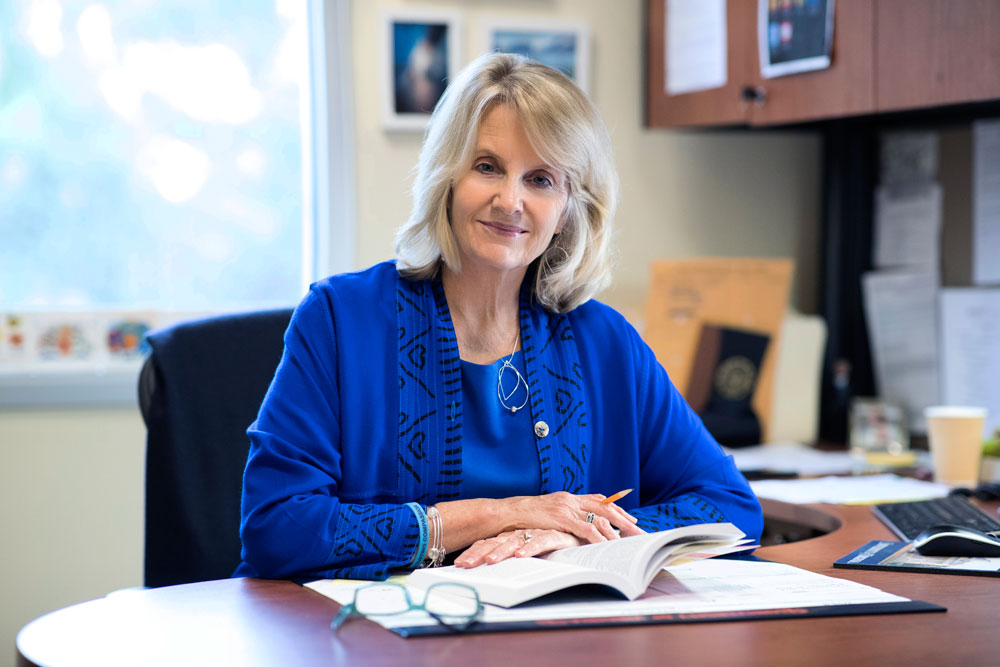Op-Ed: This Thanksgiving, Table Talk to Preserve Hope

(Originally published in the Richmond Times Dispatch Nov. 26, 2019)
Lecturing in a palliative care class last week gave me time to reflect again on our culture’s unique and persistent avoidance of all topics related to sickness and death – a trait we clinicians are not immune to, either. And yet – as technologies keep us alive longer, even against the strain of a growing array of chronic illness we suffer from – illness and death will affect us all, like it or not.
As we come together for holidays that draw families in close orbit, though, we have a chance to at least scratch the surface of these necessary conversations, which need not focus on specific technologies (feeding tube, or not? ventilator, or not?) as much as they might offer us glimpses into our loved one’s hopes and goals. Had I had the chance to ask my own mother, before dementia robbed her of what a massive stroke did not, I would’ve fully understood what she’d have wanted at the end of her life.
Without that conversation? We were all just guessing.
My mom lived for several years after being diagnosed with acute heart failure which sometimes left her breathless and fatigued. Taking her to specialist after specialist, I dipped my toe into conversations that never quite advanced to where they needed to be.
“Mom,” I said one day in the car, “heart failure is a chronic illness. You won’t be getting better, and you can’t be cured.” But then I left it hanging. What would it have been like if I’d asked her the next question there on the tip of my tongue? If I’d said, If this is really it, mom, what are you wishing and hoping for at the end of your life?
It wasn’t long before an unexpected stroke took what was left of her from us in an instant, and worsening vascular dementia called for a move to a memory unit in an assisted living facility. It was a sad and unexpected end to her life’s journey: she was still walking and talking, but had lost her ability to make decisions, to get dressed, to understand the passage of time – even to know whether it was night or day. I was the out-of-town daughter who swooped in and, by virtue of my profession – I am a palliative care nurse practitioner and professor – began to call a series of family meetings to say what I saw, and what we should do.
I won’t pretend that these conversations – done with all six of my siblings – always went smoothly. Some siblings offered support while others resisted, especially around key transition points: turning Mom’s internal defibrillator off, moving her to hospice care. One sister told me she “believed in miracles,” but we never discussed what that really meant.
Relationships can and do change in the face of these big discussions. But the reality is that while these talks can cause hurt and discomfort, they can also enrich our ties. Today, a decade after my mother’s death, we are collectively grateful we didn’t push for hospital care that debilitated and distressed her. Even without mom’s explicit direction, today, when we’re together, we acknowledge we did the right thing. If I could do it over again, though, I would’ve pushed to have the conversation that, today, I advise my friends, family, and patients to have with their loved ones. Tools like The Five Wishes, or AARP’s advance directive forms are easy, inexpensive guides.
Let us start at the dining room table this Thanksgiving, and go around. What might we hear?
I’d rather die at home, than in a hospital. I want to get back to that beach house one more time. I want to visit the grandchildren in California. I want to take that one last trip. I don’t want you to go to the ends of the Earth to keep me alive. If I can’t be independent, it’s OK to let me go.
We nurses and physicians see individuals just as they receive devastating diagnoses, or who are at the end of their lives. In my professional life, probably seven out of every ten times, people haven’t had this conversation and they’re sick. They’ve never thought about their wishes, their preferences for treatment. Like flossing, or having a will, or taking a multivitamin, it’s something we know we should do but somehow just never get around to it.
This Thanksgiving, open the door. These discussions aren’t meant to scare people, are not meant to be final, or as a signal to family members that we’ve somehow given up hope. If you talk about it, hope is what you’re preserving.
+
Clareen Wiencek – immediate past president of the American Association of Critical-Care Nurses – is director of advanced practice programs at UVA School of Nursing, a veteran critical care nurse, and a palliative care nurse practitioner at UVA Health.
